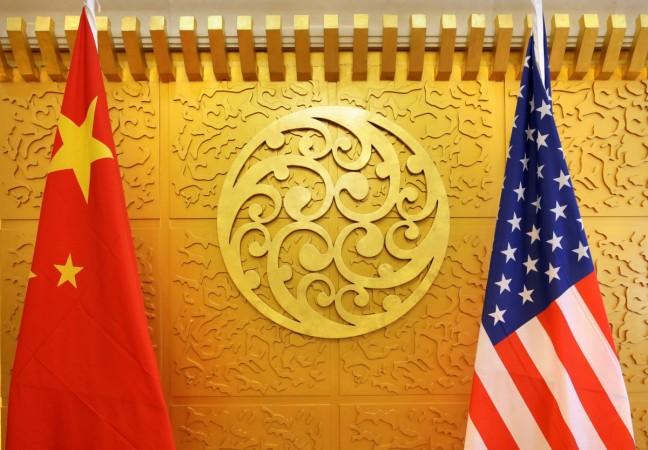
US Commerce Secretary Wilbur Ross will meet Chinese Vice Premier Liu He on Sunday, as officials from the world's two largest economies try to calm an escalating trade dispute that has rattled financial markets.
Ross arrived in Beijing on Saturday for trade talks after the Trump administration renewed tariff threats against China, and with key U.S. allies in a foul mood toward Washington after they were hit with duties on steel and aluminium.
Ross has not made any comments to the media since arriving.
Liu, a Harvard-trained economist who is a trusted confidant of Chinese President Xi Jinping, is China's chief negotiator in the trade dispute. Ross met Liu for dinner on Saturday and the two were due to meet again on Sunday, a US official said.
Ross has not made any comments to the media since arriving.
Liu, a Harvard-trained economist who is a trusted confidant of Chinese President Xi Jinping, is China's chief negotiator in the trade dispute. Ross met Liu for dinner on Saturday and the two were due to meet again on Sunday, a US official said.
Ross, who was preceded in Beijing last week by more than 50 U.S. officials, is expected during the two-day visit to try to secure long-term purchases of U.S. farm and energy commodities to help shrink the U.S. trade deficit.
The U.S. team also wants to secure greater intellectual property protection and an end to Chinese subsidies that have contributed to overproduction of steel and aluminium.
U.S. Treasury Secretary Steven Mnuchin said on Saturday that the United States wanted this weekend's Beijing talks to result in structural changes to China's economy, in addition to increased Chinese purchases of American goods.
The purchases are partly aimed at shrinking the $375 billion U.S. goods trade deficit with China.
Mnuchin, speaking at a G7 finance leaders meeting in Canada where he was the target of U.S. allies' anger over steel and aluminium tariffs, said the China talks would cover other issues, including the Trump administration's desire to eliminate Chinese joint venture requirements and other policies that effectively force technology transfers.
"I want to be clear, this isn't just about buying more goods, this is about structural changes," Mnuchin said.
"But I also fundamentally believe that if there are structural changes that allow our companies to compete fairly, by definition, that will deal with the trade deficit alone."















